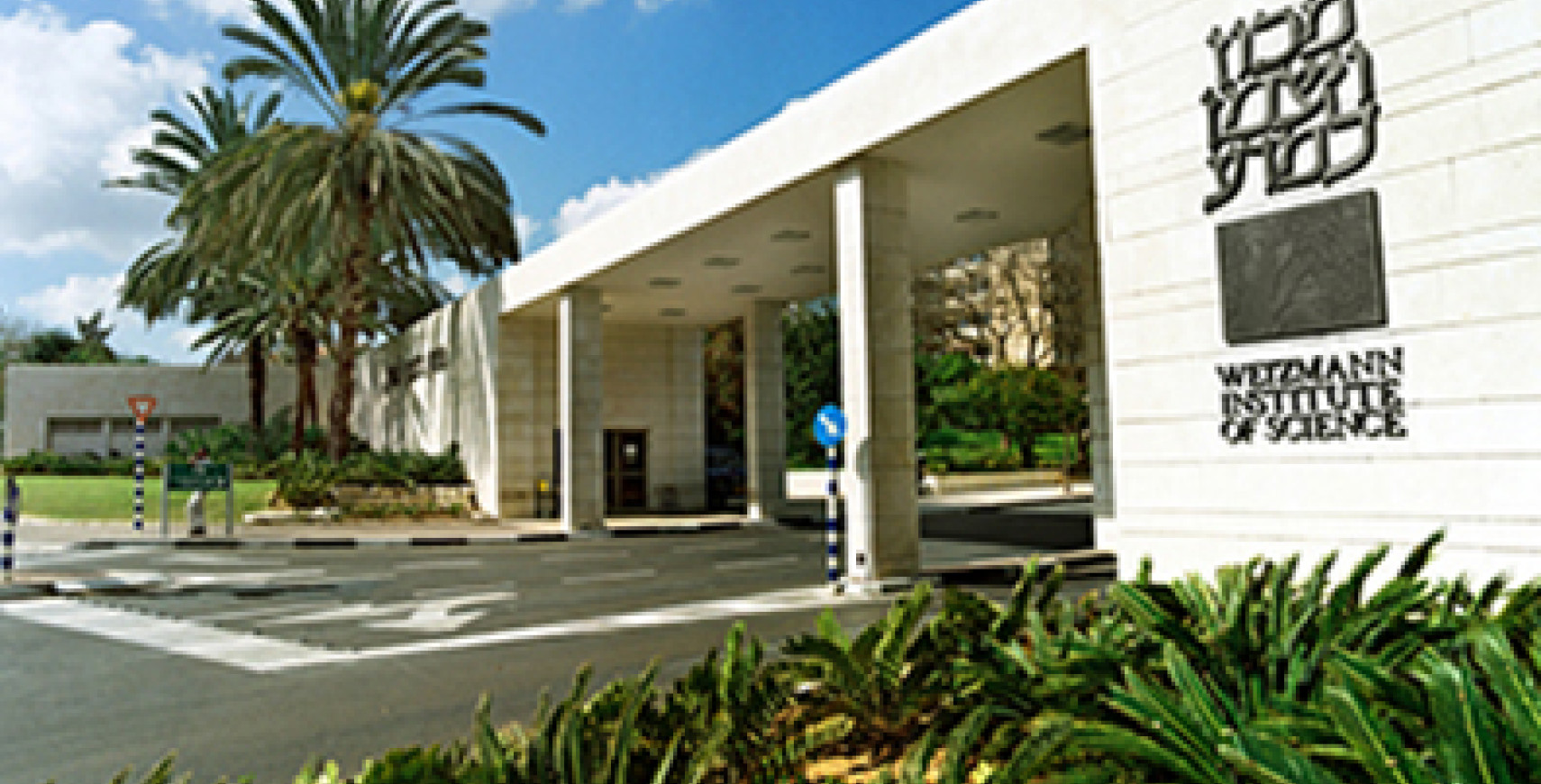Since the beginning of this week, Israeli and Czech scientists, along with representatives from the global pharmaceutical industry, have been jointly focusing on advancements in drug development as part of the traditional Prague-Weizmann Summer School in Drug Discovery and Development. Inspirational lectures are being attended by students from various countries, including the Czech Republic, in Rehovot, Israel, providing insights into the intricacies of creating new drugs, from basic research to clinical implementation.
Most of the attendees are doctoral students and postdoctoral researchers recruited this year from a total of 26 countries. The lectures are delivered by the Institute of Organic Chemistry and Biochemistry (IOCB), University of Chemistry and Technology Prague (UCT Prague), and for the past five years, the prestigious Israeli scientific institution, the Weizmann Institute of Science, has also been involved. In addition to academic experts, the event traditionally hosts professionals from major pharmaceutical companies, including Pfizer, AbbVie, NeuroDerm, Solgate, and Anima Biotech this year.
The goal is to better prepare students for the challenges associated with drug development, whether they encounter difficulties in the early stages, such as in the laboratories of scientific institutions, during efforts to secure necessary financial resources, or in building collaborations with pharmaceutical companies. Competition in practice is significant, and only a fraction of promising molecules succeed. The effective transfer of scientific research results into practice, known as technology transfer, plays a crucial role.
Prof. Martin Fusek, Deputy Director of IOCB and Head of its subsidiary company, IOCB Tech, adds, "Despite significant advancements, many diseases remain untreatable because the development of new drugs is highly complex. It all starts with fundamental research into disease mechanisms and ends with the production of original substances capable of positively affecting pathological changes. To simplify and accelerate this process, it is essential to increasingly connect academic research with work in pharmaceutical companies. Therefore, it is important for students to understand the principles of developing original medicines so that they can more effectively bring their scientific ideas into practice in the future."
Martin Fusek came up with the idea of organizing a summer school focused on drug development for the first time in 2014. At that time, only about forty participants attended. Over the years, the event has gained international acclaim and this year attracted nearly two hundred students and young researchers to the Israeli city of Rehovot.
This year's lecture series includes many faces from IOCB, including the institute's director, Professor Jan Konvalinka. He has long appreciated the synergy between chemists from IOCB and predominantly biologists from Israel. "The Weizmann Institute is one of the most prestigious scientific institutions in the world. We are proud that the experts there are our partners in organizing this conference. Thanks to it, scientific cooperation between our institutes is expanding, which is beneficial, not least in improving the conditions for transferring scientific results into practice," says Jan Konvalinka.
Every year, the Prague-Weizmann Summer School on Advances in Drug Discovery offers thirty lectures, and the focus and outcomes of the event align well with the long-term strategy of IOCB. This strategy revolves around three fundamental pillars: supporting cutting-edge science, transferring research results into practice, and international collaboration.
